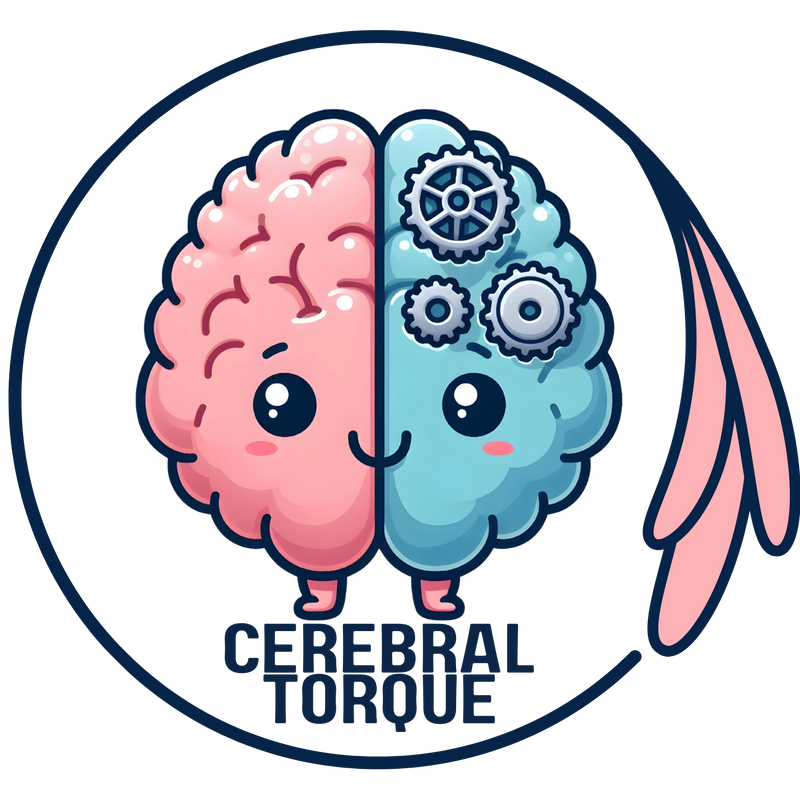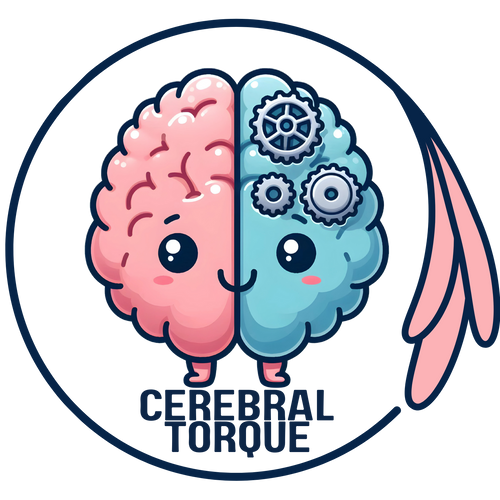The Hidden Link Between Acne and Migraine
Posted on June 04 2025,
The Hidden Link Between Acne and Migraine
What The Research Shows
If you're dealing with both acne and migraine, you're not alone. A new study published in Archives of Dermatological Research has found that adults with acne have significantly higher odds of experiencing migraine compared to those without skin issues.
This isn't just a coincidence. The connection holds up even after researchers accounted for other factors like anxiety and depression, which are known to be linked to both conditions.
The CGRP Connection
Scientists think they know why acne and migraine are connected, and it comes down to a molecule called CGRP (Calcitonin Gene-Related Peptide).
What Is CGRP?
CGRP is a signaling molecule that plays a major role in migraine development. Recent research suggests it may also contribute to acne formation. Think of CGRP as a messenger that can trigger both skin inflammation and the pain pathways involved in migraine.
CGRP in Acne
How it works: CGRP may contribute to the inflammatory processes that lead to acne breakouts.
The result: Increased skin inflammation and potentially more severe acne symptoms.
CGRP in Migraine
How it works: CGRP triggers pain pathways and blood vessel changes that cause migraine attacks.
The result: The characteristic throbbing pain and other migraine symptoms.
This shared CGRP pathway explains why someone dealing with acne might be more likely to experience migraine, and vice versa.
Who's Most Affected?
The research revealed some interesting patterns about who's most likely to experience both conditions:
Why Age Matters
The study found that the acne-migraine connection is stronger in adults over 25. This suggests that age may be an important factor in how these conditions interact. Previous studies in teenagers and young adults didn't find this same connection, highlighting how the relationship may develop over time.
What This Means for Treatment
Understanding the acne-migraine connection opens up new possibilities for treatment approaches:
CGRP Inhibitors for Migraine
Medications like Aimovig, Ajovy, Emgality, and Vyepti specifically target CGRP pathways for migraine prevention. For patients with both acne and migraine, these treatments might offer benefits beyond just migraine control.
Integrated Care Approach
If you have both acne and migraine, consider:
- Discussing both conditions with your healthcare providers
- Looking for treatment options that might help both issues
- Being aware that treating one condition might impact the other
- Tracking patterns between your skin breakouts and migraine episodes
Important Treatment Considerations
Some acne medications can potentially trigger migraine attacks in sensitive individuals, while certain migraine treatments might affect your skin. Always discuss your complete medical history with your healthcare team to ensure treatments work well together.
Practical Steps You Can Take
While we're still learning about the acne-migraine connection, here are some practical steps you can take:
Track Your Symptoms
Lifestyle Modifications
Some strategies that may help both conditions include:
- Stress management: Both acne and migraine can be triggered by stress
- Regular sleep schedule: Poor sleep can worsen both conditions
- Anti-inflammatory diet: May help reduce overall inflammation
- Gentle skincare routine: Avoid harsh products that might increase inflammation
- Hydration: Staying well-hydrated benefits both skin health and migraine prevention
When to See a Doctor
Consider consulting healthcare professionals if you're experiencing both acne and migraine:
Dermatology and Neurology Coordination
Working with both a dermatologist and neurologist (or headache specialist) can help ensure your treatments complement each other rather than interfere. Some patients benefit from coordinated care plans that address both conditions simultaneously.
Red Flags to Watch For
- Sudden worsening of either acne or migraine symptoms
- New onset of severe headaches after starting acne treatment
- Skin reactions that might be related to migraine medications
- Either condition significantly impacting your quality of life
The Bottom Line
The discovery that acne and migraine are connected through CGRP pathways is changing how we think about both conditions. If you're dealing with both, you're not imagining things, and you're definitely not alone.
Looking Forward
Researchers are continuing to study this connection to better understand the mechanisms involved and develop more targeted treatments. Future therapies might be designed to address both skin inflammation and migraine prevention simultaneously.
While we wait for these advances, the most important thing is to work with your healthcare team to manage both conditions effectively. The more we understand about these connections, the better we can tailor treatments to each individual's needs.
"Having both acne and migraine isn't just bad luck. There's a real biological connection through CGRP pathways, and understanding this can lead to better treatment strategies. If you're dealing with both conditions, discuss this connection with your healthcare providers and consider tracking patterns between your symptoms." - Cerebral Torque
Medical Disclaimer
This information is for educational purposes only and should not replace professional medical advice. Always consult with qualified healthcare providers for diagnosis and treatment of medical conditions. Individual experiences may vary, and what works for one person may not work for another.
Mon, Nov 17, 25
Migraine Research - During the week of my absence.
Migraine Research - During the week of my absence. The Association Between Insomnia and Migraine Disability and Quality of Life This study examined how insomnia severity relates to migraine disability...
Read MoreSat, Nov 01, 25
Anti-CGRP Monoclonal Antibody Migraine Treatment: Super-Responders and Absolute Responders and When to Expect Results
Anti-CGRP monoclonal antibodies achieved 70% super-response and 23% complete migraine freedom in a one-year study. Most dramatic improvements occurred after 6 months of treatment. For patients with chronic or high-frequency...
Read MoreAll Non-Invasive Neuromodulation Devices for Migraine Treatment
Wondering if migraine devices actually work? This guide breaks down the latest evidence on non-invasive neuromodulation devices like Cefaly, Nerivio, and gammaCore. Learn which devices have solid research backing them,...
Read More



